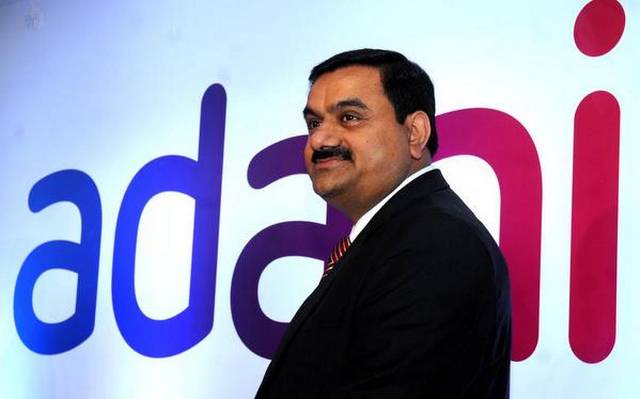Allegations of a $265 million bribery scheme involving Adani Group founder Gautam Adani have raised concerns about India’s renewable energy sector, Reuters news report said.
U.S. authorities claim Adani attempted to bribe Indian state officials to secure solar power supply deals after facing prolonged difficulties finding buyers for a $6 billion renewable energy project. The Adani Group, which has denied these accusations, has committed investment of $100 billion in the renewables sector.
Growing Challenges for India’s Renewable Energy Sector
India, the world’s third-largest emitter of greenhouse gases, is attempting to shift from coal, which accounts for 75 percent of its power generation, to renewable sources like solar and wind. However, state government-owned power distribution companies (DISCOMs) have been slow to adopt renewable energy, citing infrastructure issues and the “intermittency” of clean energy.
Despite the India government’s goal to increase renewable capacity to 500 GW by 2030, states lack the necessary infrastructure and remain reliant on fossil fuels. A February report by NITI Aayog revealed that 20 of India’s 30 provinces must more than double their green energy share to meet mandatory renewable purchase obligations (RPOs).
Adani’s Struggles Reflect Broader Market Issues
Adani Green Energy, India’s largest renewable energy firm, took 3.5 years to finalize supply deals for its 8 GW solar power project. This delay highlights inefficiencies in project execution, worsened by a lack of guaranteed Power Purchase Agreements (PPAs) in recent tenders. Solar Energy Corporation of India (SECI) has 30 GW of completed renewable tenders without buyers.
SECI officials and experts argue that India’s rapid tendering outpaces states’ ability to sign contracts, emphasizing the need to “sensitize” states and build a “demand pool” for renewable energy.
Implications for the Industry
The allegations against Adani could deter foreign investment, crucial for financing India’s renewable energy goals. Experts warn that setting ambitious targets is “meaningless” without improving buyer interest and reducing delays in contract execution.
Potential solutions include involving buyers earlier in the tendering process and addressing transmission infrastructure gaps. Rakesh Nath, former chairman of India’s Central Electricity Authority, suggests aligning buyer commitments with project bids to prevent prolonged delays.
Fitch Ratings earlier said it took negative rating actions on Adani Group’s infrastructure entities and restricted groups, following the bribery charges and indictment of certain board members of Adani Green Energy.
TotalEnergies, which is a partner in several India businesses of Adani Group, said it will not make fresh investment in the wake of announcements made by the US authorities of the indictment of certain individual Adani group executives in relation to an alleged corruption scheme linked to the business of Adani Green Energy.
Outlook
While India has ramped up renewable energy targets, systemic inefficiencies, coupled with the Adani allegations, underscore the challenges of balancing rapid green energy expansion with buyer readiness and infrastructure development. Addressing these issues is critical for achieving the country’s clean energy ambitions.

